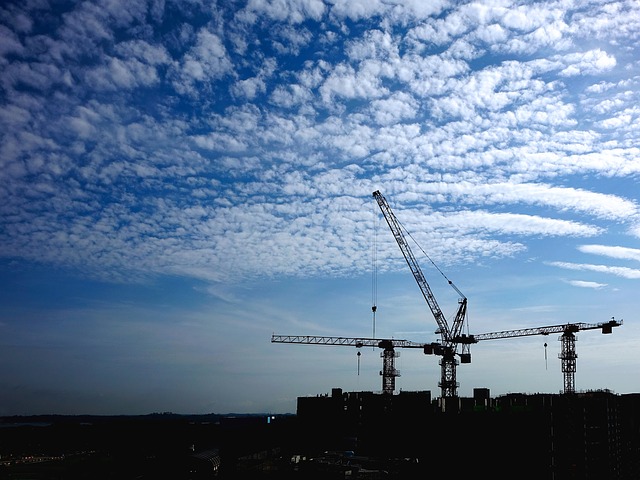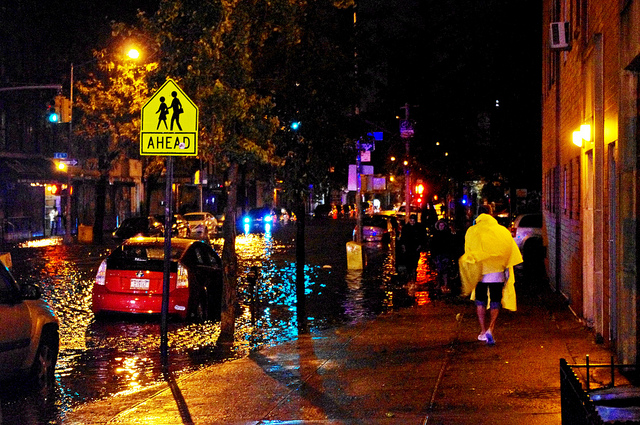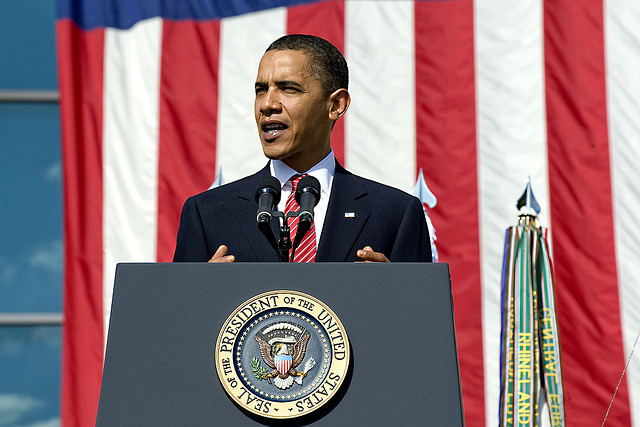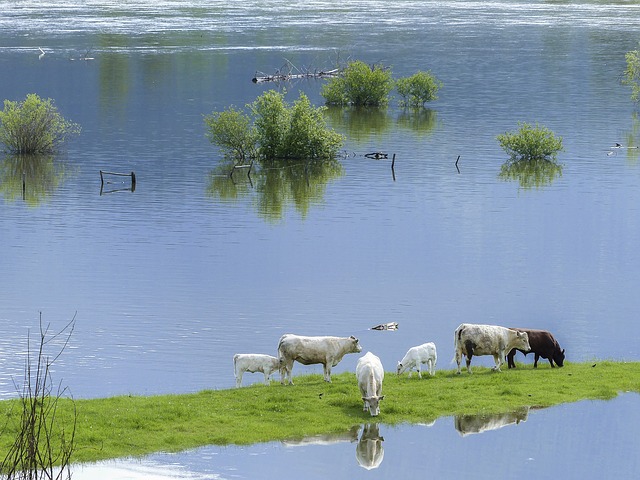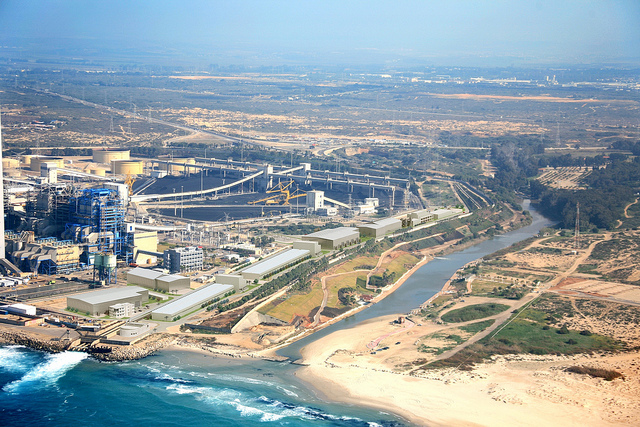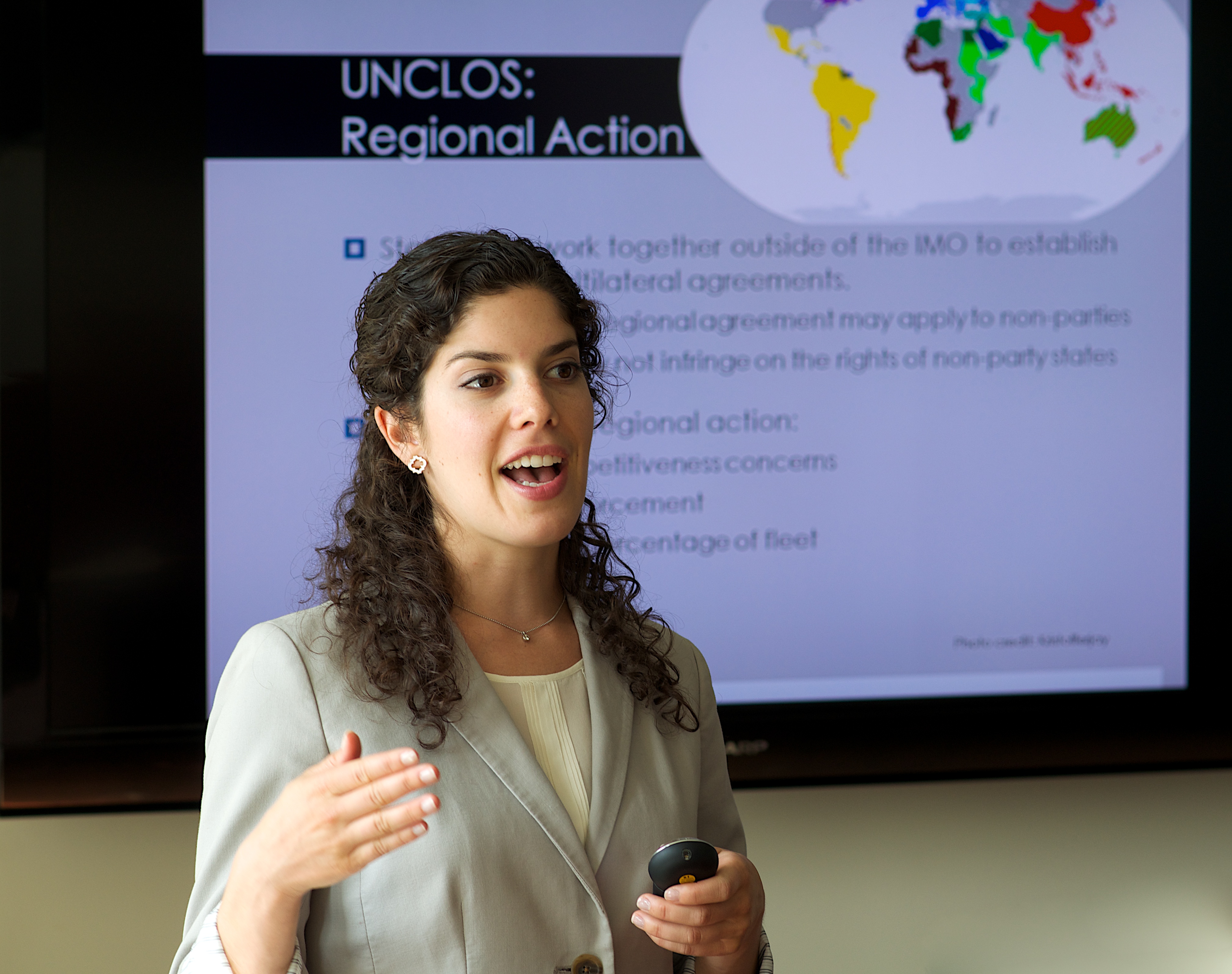by Jordana Fremed, Summer Intern In September 2015, the U.S. Fish and Wildlife Service will decide whether or not to list the greater sage-grouse as threatened under the Endangered Species Act of 1973.[1] The proposed listing has caused conflict between two groups of environmentalists: conservationists and advocates of renewable energy […]
Akiko Shimizu
By Michael B. Gerrard The National Environmental Policy Act (NEPA), signed into law by President Richard Nixon on January 1, 1970, was the first U.S. environmental statute of the modern era. It requires the preparation of environmental impact statements (EISs) for major federal actions that may have a significant impact […]
Columbia’s Center for Climate Change Law has released a white paper entitled Potential Liability for Climate-Related Measures under the Trans-Pacific Partnership. The Trans-Pacific Partnership (TPP) is currently being negotiated by twelve Pacific-rim countries (Australia, Brunei Darussalam, Canada, Chile, Japan, Malaysia, Mexico, New Zealand, Peru, Singapore, the United States, and […]
By Isabelle Aubrun, CCCL Intern (Brown University) In 2013, President Obama’s Hurricane Sandy Rebuilding Task Force devised the Rebuild by Design Competition. Applicants were to design a “fundable and implementable” infrastructure project to mitigate the dangers of rising sea levels and increasingly frequent extreme weather events in New York and […]
By Alyssa Kutner, Summer Legal Intern President Barack Obama made an announcement on Wednesday, July 16th introducing a plan to improve the nation’s ability to adapt to climate change through investing in and planning a more climate-resilient infrastructure. Included in the announcement were new programs designed to increase the adaptive […]
By Akiko Shimizu, undergraduate intern Both houses of the New York State legislature have passed the Community Risk Reduction and Resiliency Act, but Governor Cuomo has yet to sign the bill into law. The purpose of the bill is to amend certain New York legislation to reflect greater awareness and […]
By Jordana Fremed, Undergraduate Intern (Columbia College) Insecure water availability is a source of friction in the Middle East. One solution to adapt to water scarcity in the area is desalination, a process that turns saltwater into potable drinking water. While desalination can cause environmental impacts, the technology has provided […]
On July 17, CCCL Fellow Meredith Wilensky presented via Skype to the Second International Sustainable Sea Transport in the Pacific Talanoa in Suva Fiji. This conference addresses transport issues unique to the Pacific islands and aims to bring together key stakeholders to facilitate planning for improving sustainability within the industry. […]


